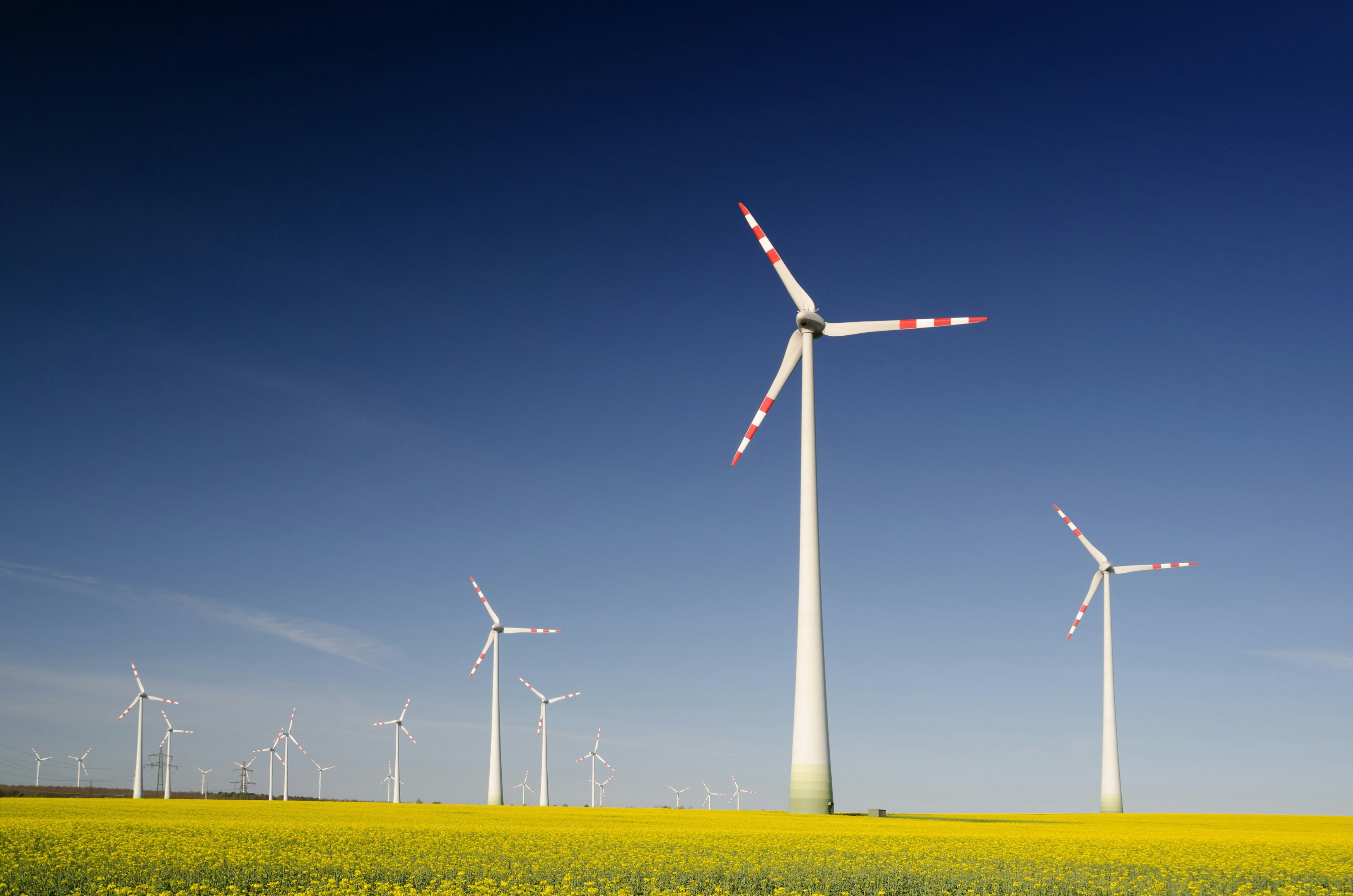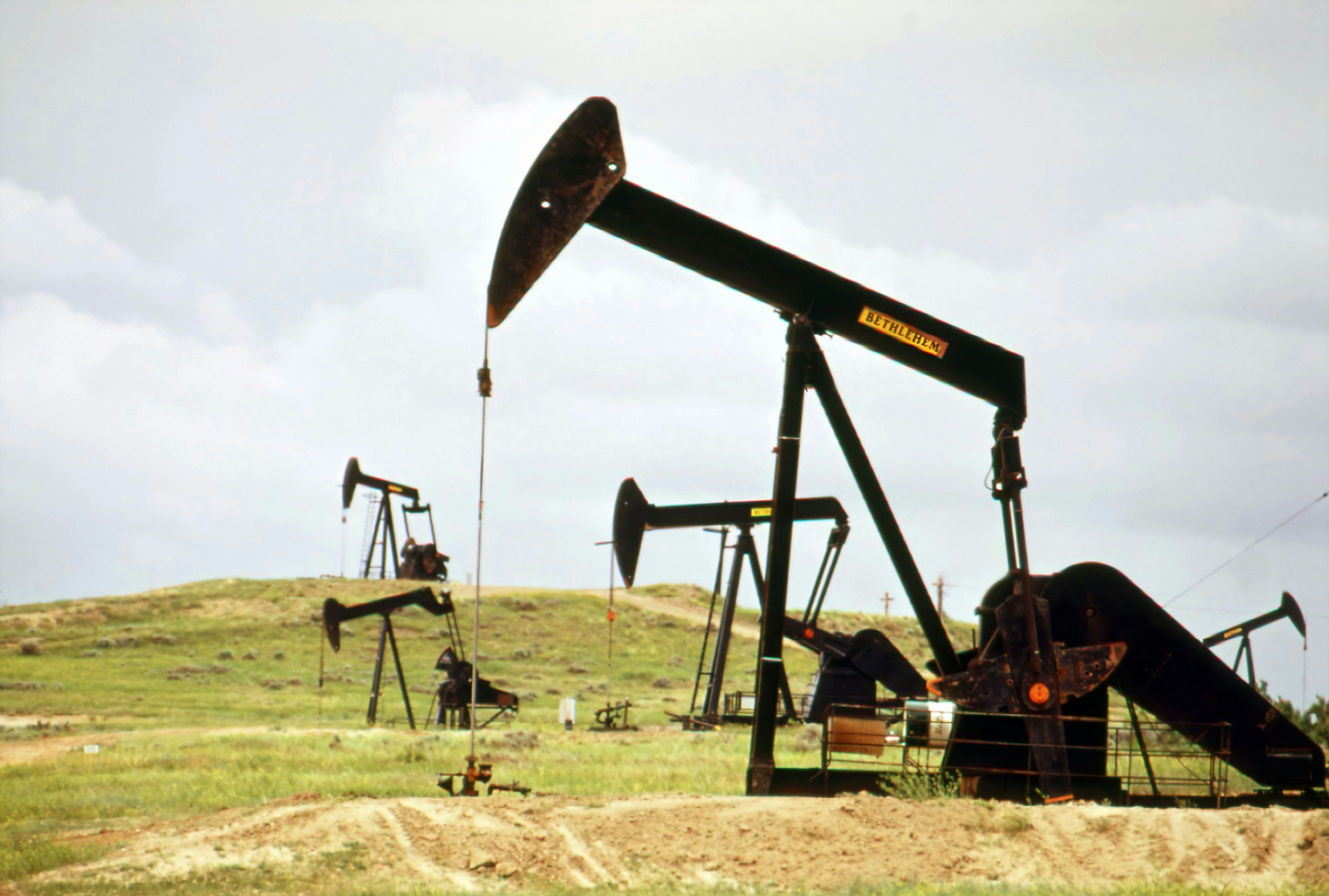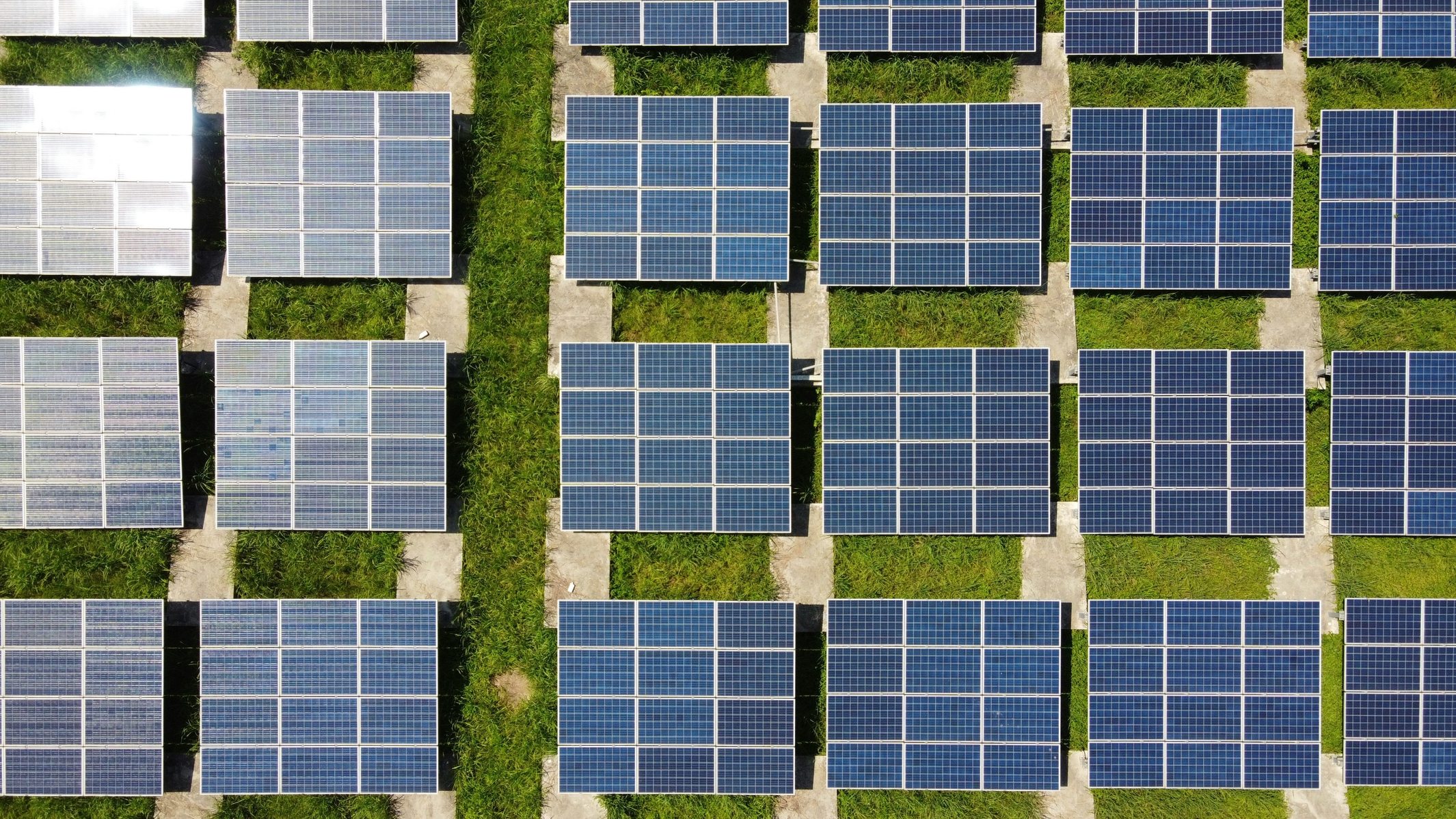The Climate Resilience Law, adopted in France in 2021, marks a major step in the fight against climate change. Its ambitious goals span across urban planning, education, energy, consumption, and mobility. This article explores the key milestones of the reform and the government-led initiatives designed to build resilience in response to today’s environmental challenges.
The Climate Resilience Law was one of the longest debates in France’s Fifth Republic, with over 110 hours of discussions in Parliament before being presented to the Senate. Officially passed in August 2021 (Law No. 2021-1104), it aims to reduce greenhouse gas emissions and build the foundation for a more environmentally responsible future.
This law introduces bold measures across multiple sectors including urban planning, education, energy, consumption, and transportation. Its detailed timeline outlines a progressive roadmap for achieving climate goals while ensuring a fair and inclusive energy transition.
Concrete measures in the first years
Environmental education in schools
From the start, the law brought major changes, particularly in the education sector. Environmental education is now embedded into all school curricula, teaching younger generations the ecological impact of their actions. In parallel, schools must now offer at least one vegetarian meal per week in cafeterias to help reduce the carbon footprint of food.
Tackling visual and energy pollution
Local mayors gained broader powers to regulate digital advertising screens, reducing both light pollution and unnecessary energy use.
Stronger environmental penalties
Stricter penalties now apply for environmental offenses to deter harmful practices and hold polluters accountable.
Energy reform in 2022
The 2022 measures focused heavily on the energy sector. Outdoor heaters on restaurant terraces, a highly energy-consuming practice, were banned. Advertising for fossil fuels was also prohibited.
Landlords are now prohibited from raising rent for poorly insulated properties (energy classes G and F), encouraging energy-efficient renovations. These rules are part of the broader green transition effort.
Accelerating change in 2023 mobility and urban planning
Low Emission Zones (LEZ)
The creation of Low Emission Zones (Zones à Faibles Émissions or ZFE) restricted access to high-polluting vehicles in many urban areas. The goal is to cut air pollution and push for cleaner transport solutions.
To support this, zero-interest loans are available to help citizens purchase electric or hybrid vehicles.
Toward more sustainable consumption
Environmental labeling began appearing on food and textile products, helping consumers make more eco-conscious choices. State-run cafeterias, such as in universities, are now required to offer daily vegetarian options, reducing the environmental impact of public catering.
Aviation reforms
The aviation industry was also targeted. Domestic flights must be discontinued when a train alternative of under 2,5 hours is available. Airlines are also required to offset their CO2 emissions, pushing them to invest in climate mitigation projects.
Looking ahead to 2025 and beyond
Low Emission Zones in all major cities
Starting in 2025, stricter LEZ requirements will be enforced in all cities with more than 150.000 residents. The aim is to gradually ban the most polluting vehicles and reduce reliance on fossil fuels. By 2028, these vehicles will also be banned from advertising campaigns.
Renovating France’s building stock
One of the law’s major goals is to eliminate energy-inefficient housing. From 2025, G-rated homes can no longer be rented. This restriction will extend to F-rated homes in 2028 and E-rated homes by 2034.
The new standards aim to make housing more energy-efficient, reduce energy poverty, and align with France’s climate objectives.
Fighting land overdevelopment
Urban planning is also impacted. Starting in 2030, 20% of retail space in large stores must be dedicated to products in bulk, promoting zero-waste, more sustainable consumption.
A green transition shaping everyday life
The timeline set by the Climate Resilience Law reflects a national strategy for ambitious ecological transition. Each measure is designed to lower society’s carbon footprint while aligning with the environmental goals of France and the EU.
Energy transition is at the heart of this reform. It includes actions to cut greenhouse gas emissions and improve energy efficiency in both buildings and transportation.
To support social fairness, the government has introduced zero-interest loans for households looking to improve home insulation. A national monitoring system tracks the impact and efficiency of each initiative.
The low-carbon label and CO2 offsetting
The law introduced a low-carbon label to encourage companies to adopt sustainable practices. This certification validates emission reduction or carbon sequestration projects, such as reforestation or regenerative agriculture.
Airlines must now fund certified carbon offset projects to compensate for their domestic emissions. This pushes one of the most polluting industries to invest in carbon-reducing solutions.
Ecocide law and stronger penalties
One of the most significant elements of the law is the creation of the offense of ecocide. Severe environmental violations can now lead to prison sentences. This sends a clear message that environmental destruction is a serious crime and highlights the urgent need for a bold and consistent public policy.
Conclusion
The Climate Resilience Law is a major step toward a sustainable future. It addresses the climate crisis while promoting social justice. Through concrete obligations in sectors like urban planning, consumption, and mobility, the law lays the groundwork for long-term change.
Monitoring reports will be essential to measure the effectiveness of these reforms and adjust public policy as needed. This legislation marks the beginning of a broad transformation. The French government is committed to reducing the country’s environmental impact through ambitious, well-defined objectives that involve businesses, local authorities, and citizens alike.
Published on 19/11/2024














